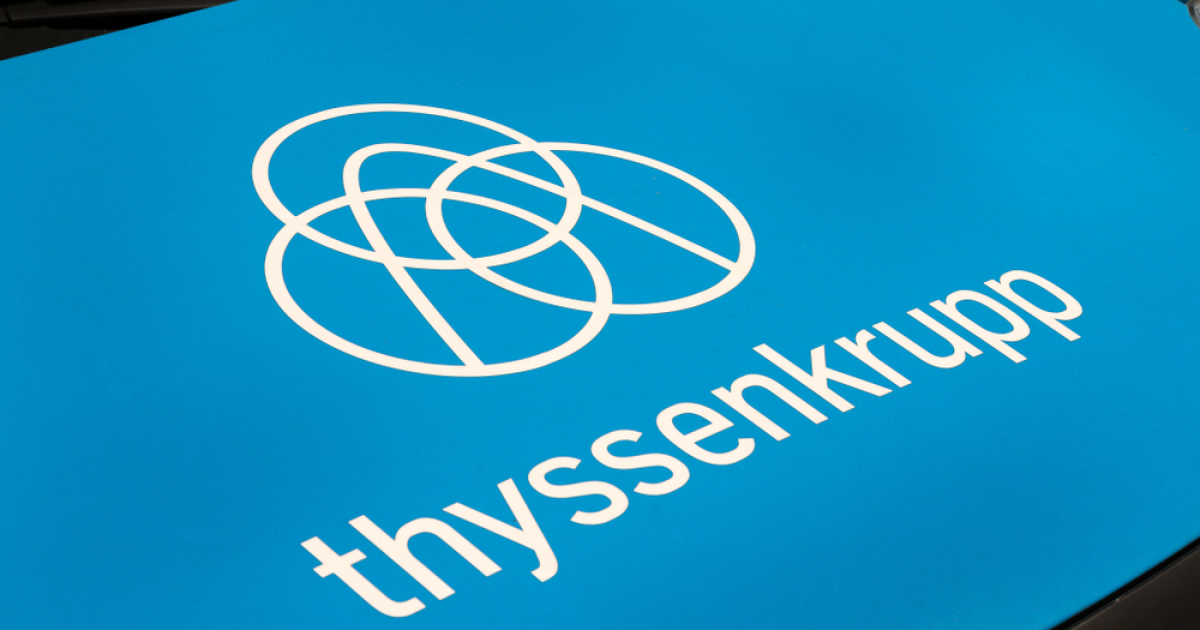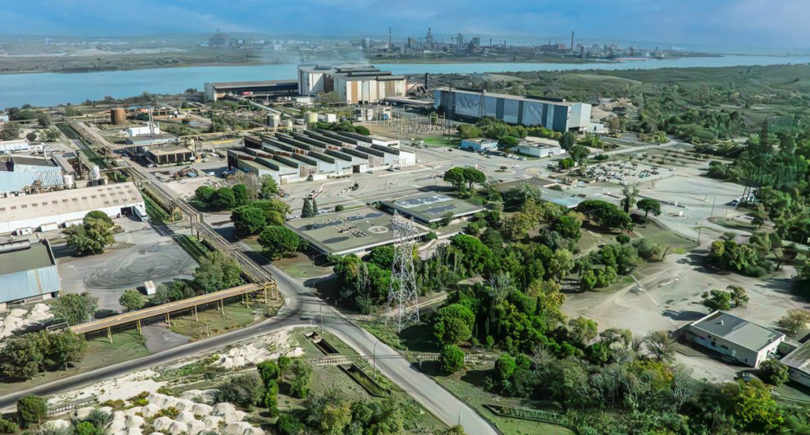
News Companies Thyssenkrupp 3170 26 January 2024
The steelmaking division aims to obtain 104 tons of hydrogen already in 2028
Thyssenkrupp is preparing a tender for the purchase of up to 151 thousand tons per year of renewable and low-carbon hydrogen under 10-year contracts for expected volumes starting in 2028 for its Duisburg steel plant. This was reported by S&P Global.
The plant is expected to receive 104 thousand tons of hydrogen in 2028, with a further increase to 143 thousand tons per year in 2029-2035. 15 thousand tons per year is expected to be reached in 2036-2037.
The volumes offered for the tender must meet the requirements of the EU Renewable Energy Directive for renewable and low-carbon hydrogen, in accordance with the current CO2 emission reduction provisions.
The first stage of the tender will begin in February 2024, when interested companies will receive requests for information, the company told S&P Global. In the second quarter of 2024, Thyssenkrupp will issue requests for proposals, in the third quarter – a request for quotations. The price of hydrogen will be determined during the tender process.
The Duisburg steel plant will be connected to Germany’s planned national hydrogen pipeline network at an early stage.
The company plans to complete the construction of its direct reduction units (DRI) at the plant, which will use pure hydrogen, by the end of 2026. It is planned to produce 2.5 million tons of DRI per year.
According to Hydrogen Insight, this is the second tender for the supply of clean hydrogen announced by a private company in Europe. The first was TotalEnergies’ announcement of 500 thousand tons per year by 2030 for its European refineries. It was launched in September 2023.
As GMK Center reported earlier, the decarbonization of the steel industry will continue to be a leading theme in 2024, according to Fastmarkets’ forecast. Adequate supplies of clean hydrogen and renewable energy at competitive prices will be crucial in this process. As noted, current hydrogen prices are around €5/kg, but they would need to be much lower to become commercially viable for steel production.




